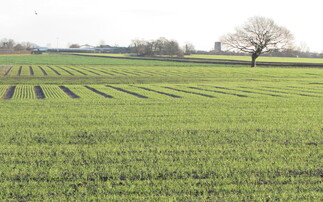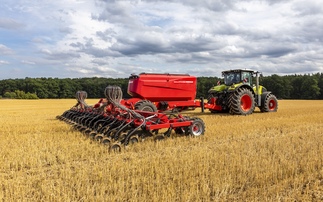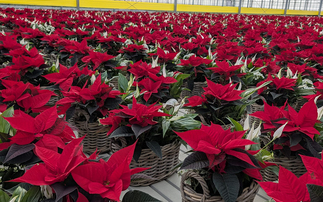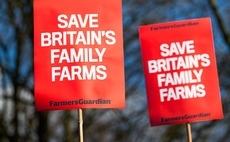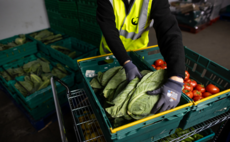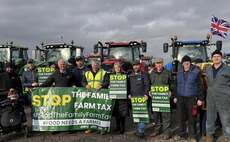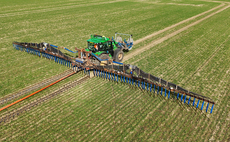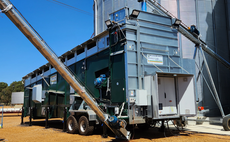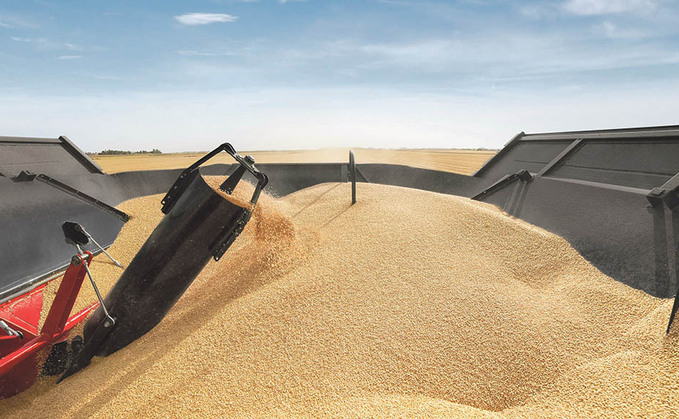
NFUS remains unconvinced of the benefits of digital grain passports
NFU Scotland has once again rejected the introduction of a digital grain passport, following the latest round of talks.
NFUS first challenged the proposed introduction of DGPs in November 2022, following extensive discussions with its membership. Subsequently a new business case was proposed and a further consultation was launched in February, ending on July 5.
The union said despite the revisions, six key areas of the scheme, including: accessibility, efficiency, cost, data ownership and use and suitability, had yet to be addressed, meaning it could not support the move.
NFUS vice president Andrew Connon, who alongside the union's Combinable Crops Committee chair Jack Stevenson, has been a member of the DGP leadership group said: "NFU Scotland members made the bold but justifiable decision to put the brakes on the introduction of DGPs 18 months ago until a clear business case for their introduction could be made.
"After further consultation with members on the latest business case made for the introduction of digital passports, there remains a strong feeling that the current paper system is functioning well for what our farmers need."
READ NOW: NFU Scotland appoints new arable lead to join food and farming team
Mr Connon said while members could see some potential advantages there remained question marks regarding complexity, accessibility, efficiency and proportionate costs.
"There is no doubt technology is the way ahead for our industry and some merchants are already using technology for feedback on analysis and weights, but technology needs to be proven to have a genuine benefit for our growers and in the case of DGP it has yet to satisfy the six key criteria that NFUS originally highlighted," he said.
"In addition, the grain trade needs to decide what it wants as there are still mixed messages coming from Scottish suppliers, hauliers, merchants and end-users with some in favour but many others staunchly against the idea. With mixed messages from the trade, it is little wonder that Scotland's farmers are not convinced of the benefits of moving to the proposed DGP."





